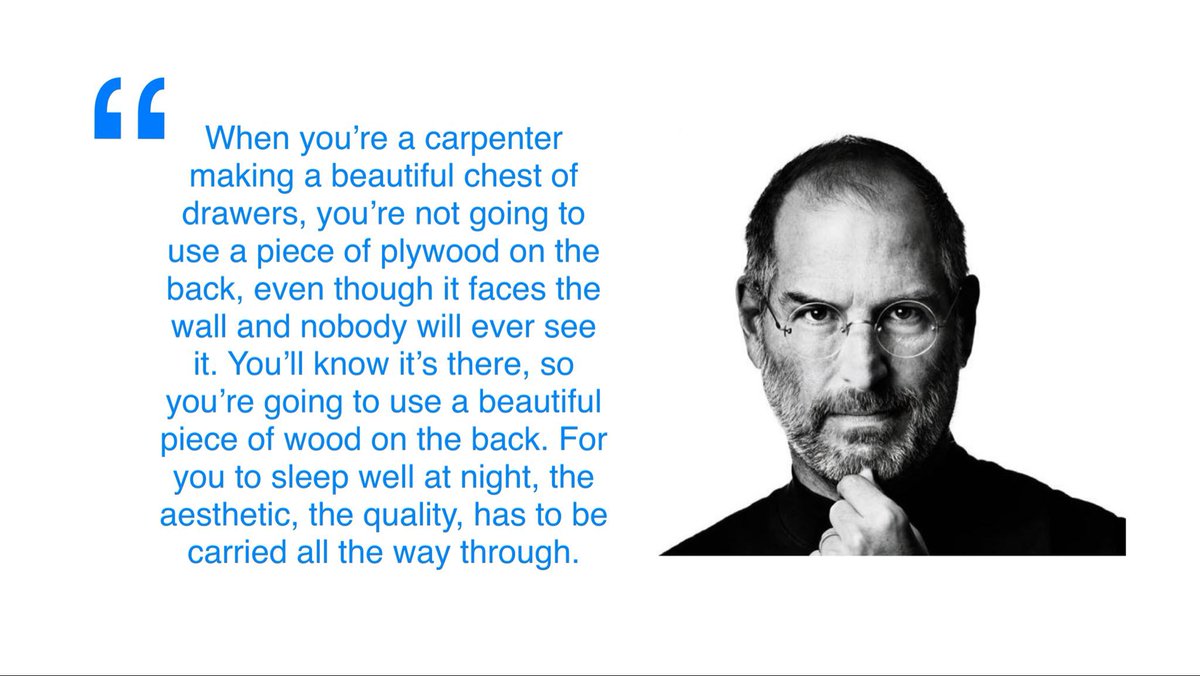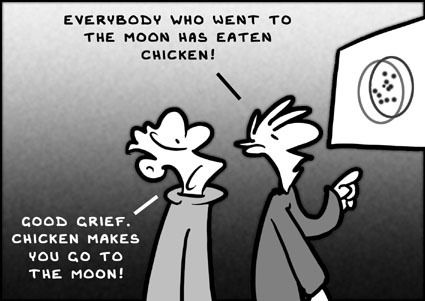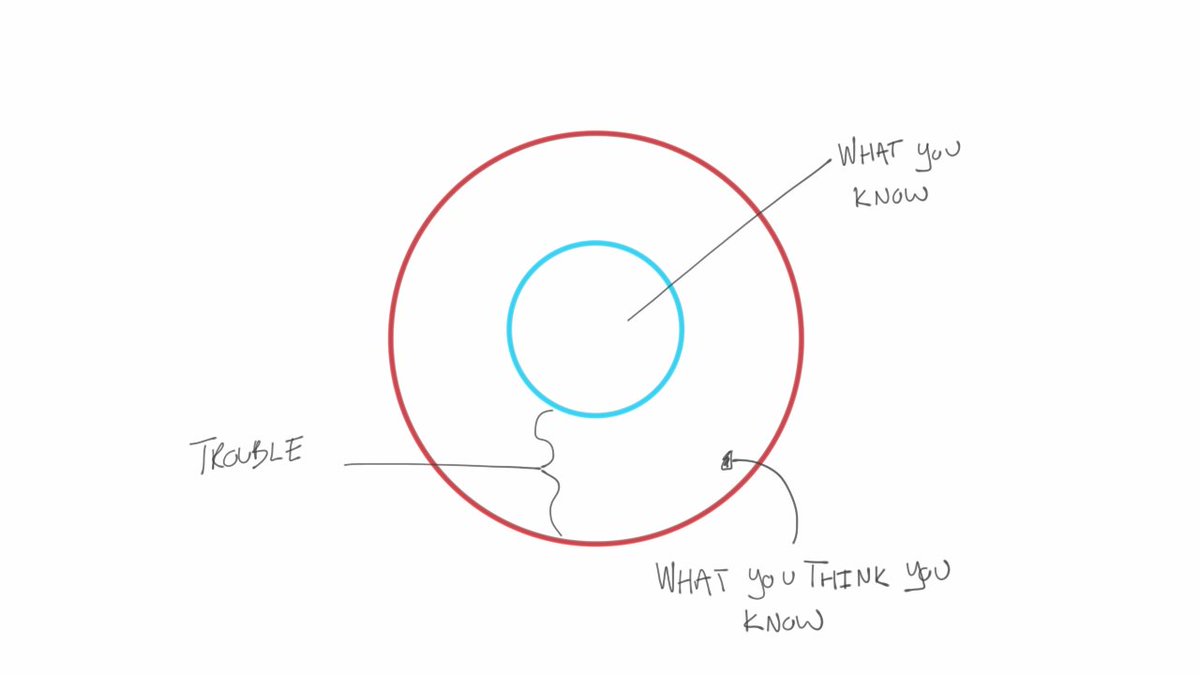Authors Sahil Bloom
7 days
30 days
All time
Recent
Popular
Short Squeeze 101
If you follow financial markets (or if you watch Billions), you've heard the phrase "short squeeze" used quite frequently.
But what is a "short squeeze" and how does it work?
Here's Short Squeeze 101!
👇👇👇
1/ First, the basics.
The "short" in "short squeeze" refers to the concept of short selling.
The basics are covered in my thread below.
https://t.co/xecJYNCxMs
TL;DR - short selling is a way of betting against a stock - i.e. betting that its price will decline.
2/ "Short interest" is a measure of how heavily an asset is shorted by the market.
It is the total number of shares that have been sold short (borrowed and sold), but have not yet been covered (bought and returned).
It is usually measured as a % of the # of shares outstanding.
3/ A "short squeeze" occurs when a heavily-shorted asset experiences a rapid upward price movement.
When this happens, short sellers may be forced to close their short positions (i.e. buy the stock and return it to the broker), further accelerating the upward price movement.
4/ Let's look at a simple example to show this in action.
We will use Tesla, one of the most heavily-shorted stocks in the world.
Imagine the stock price is $1,000 per share. This seems crazy. Ricky Rational decides to short the stock at this level.
If you follow financial markets (or if you watch Billions), you've heard the phrase "short squeeze" used quite frequently.
But what is a "short squeeze" and how does it work?
Here's Short Squeeze 101!
👇👇👇
1/ First, the basics.
The "short" in "short squeeze" refers to the concept of short selling.
The basics are covered in my thread below.
https://t.co/xecJYNCxMs
TL;DR - short selling is a way of betting against a stock - i.e. betting that its price will decline.
1/ Short Selling 101
— Sahil Bloom (@SahilBloom) July 6, 2020
With the markets continuing to rally, there has been more talk of \u201cshorting\u201d or \u201cshort selling\u201d stocks.
But what does that mean and how does it work?
Here\u2019s a quick educational primer: Short Selling 101 pic.twitter.com/JTrJmuY7fI
2/ "Short interest" is a measure of how heavily an asset is shorted by the market.
It is the total number of shares that have been sold short (borrowed and sold), but have not yet been covered (bought and returned).
It is usually measured as a % of the # of shares outstanding.
3/ A "short squeeze" occurs when a heavily-shorted asset experiences a rapid upward price movement.
When this happens, short sellers may be forced to close their short positions (i.e. buy the stock and return it to the broker), further accelerating the upward price movement.
4/ Let's look at a simple example to show this in action.
We will use Tesla, one of the most heavily-shorted stocks in the world.
Imagine the stock price is $1,000 per share. This seems crazy. Ricky Rational decides to short the stock at this level.
Razors are rules that simplify decisions.
THREAD: 20+ powerful razors (to help you cut through life’s noise):
The Steve Jobs Quality Razor
When building, take pride in carrying the quality all the way through.
Would you be proud for your work to be seen from every angle and perspective?
If not, keep working.

The ELI5 Razor
Complexity and jargon are often used to mask a lack of true understanding.
If you can’t explain it to a 5-year-old, you don’t really understand it.
If someone uses a lot of complexity and jargon to explain something to you, they probably don’t understand it.
Munger’s Rule of Opinions
“I never allow myself to have an opinion on anything that I don’t know the other side’s argument better than they do.” - Charlie Munger
Opinions aren’t free. You have to work to earn the right to have them.
The Bezos Regret Minimization Framework
The goal is to minimize the number of regrets in life.
When faced with a difficult decision:
(1) Project yourself into the future
(2) Look back on the decision
(3) Ask "Will I regret not doing this?"
(4) Take action
THREAD: 20+ powerful razors (to help you cut through life’s noise):
The Steve Jobs Quality Razor
When building, take pride in carrying the quality all the way through.
Would you be proud for your work to be seen from every angle and perspective?
If not, keep working.

The ELI5 Razor
Complexity and jargon are often used to mask a lack of true understanding.
If you can’t explain it to a 5-year-old, you don’t really understand it.
If someone uses a lot of complexity and jargon to explain something to you, they probably don’t understand it.
Munger’s Rule of Opinions
“I never allow myself to have an opinion on anything that I don’t know the other side’s argument better than they do.” - Charlie Munger
Opinions aren’t free. You have to work to earn the right to have them.
The Bezos Regret Minimization Framework
The goal is to minimize the number of regrets in life.
When faced with a difficult decision:
(1) Project yourself into the future
(2) Look back on the decision
(3) Ask "Will I regret not doing this?"
(4) Take action
The @JeffBezos Regret Minimization Framework is a simple yet powerful mental model for making important decisions and unlocking growth in your career, startup, business, relationships, or life.
— Sahil Bloom (@SahilBloom) February 24, 2021
A short thread on how it works and how it can change your life... pic.twitter.com/krtr2CarxW
How to find (and operate in) your Zone of Genius:
A few weeks ago, I shared a thread—How to Win (without talent or luck)—that got a lot of attention.
One of the most popular insights I shared was the idea of operating in your Zone of Genius.
But I got a lot of questions about how to practically achieve that...
Your Zone of Genius is where your interests, passions and skills align.
Operating in it means you stop playing *their* games and start playing *yours*.
This thread shares my framework—built through personal struggle—for finding and operating in your Zone of Genius:
First, let's get one thing straight.
Everyone has a Zone of Genius.
"Genius" here is a relative term, not an absolute.
It's not about being top 1% at something—it's about the unique space where your relative strengths are accentuated (and relative weaknesses masked).
Furthermore, everyone’s Zone of Genius is different and unique to them as an individual.
The goal of a founder, startup, or organization, therefore, is to build a team with complementary—not conflicting—Zones of Genius.
This is where 1+1=3!
A few weeks ago, I shared a thread—How to Win (without talent or luck)—that got a lot of attention.
One of the most popular insights I shared was the idea of operating in your Zone of Genius.
But I got a lot of questions about how to practically achieve that...
How to Win (without talent or luck):
— Sahil Bloom (@SahilBloom) October 16, 2021
Your Zone of Genius is where your interests, passions and skills align.
Operating in it means you stop playing *their* games and start playing *yours*.
This thread shares my framework—built through personal struggle—for finding and operating in your Zone of Genius:
First, let's get one thing straight.
Everyone has a Zone of Genius.
"Genius" here is a relative term, not an absolute.
It's not about being top 1% at something—it's about the unique space where your relative strengths are accentuated (and relative weaknesses masked).
Furthermore, everyone’s Zone of Genius is different and unique to them as an individual.
The goal of a founder, startup, or organization, therefore, is to build a team with complementary—not conflicting—Zones of Genius.
This is where 1+1=3!













